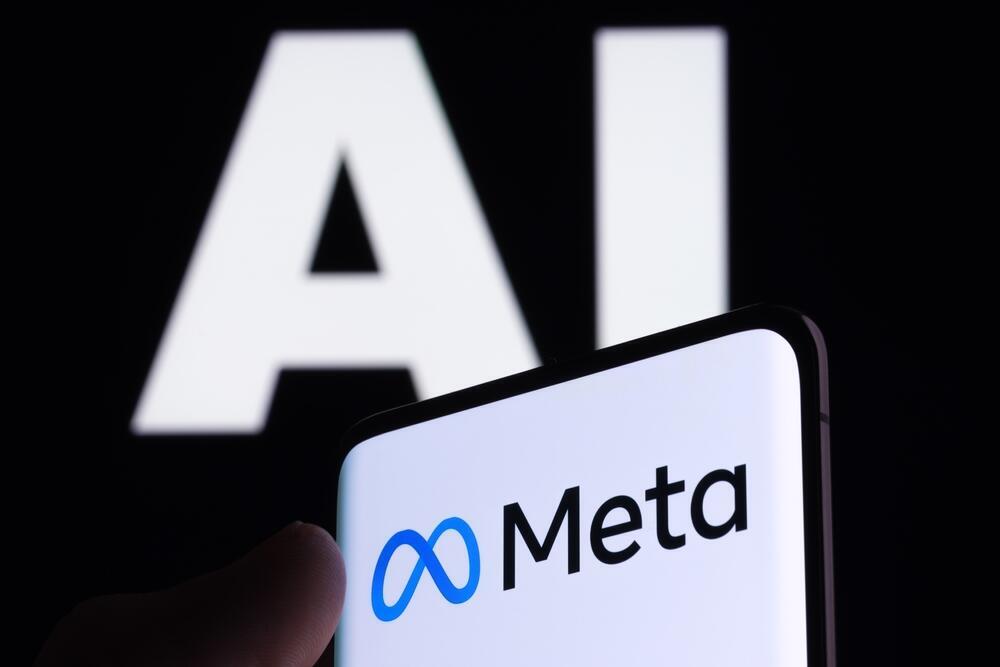Meta's Tuesday announcement marks another significant step in the race among technology giants to develop a comprehensive, functional and safe artificial intelligence that closely resembles the human brain. Its latest contribution, the Image Joint Embedding Predictive Architecture (I-JEPA), introduces a fresh approach to computer vision architecture.
Yann LeCun, Meta's chief AI scientist, unveiled an innovative model that addresses the limitations of current generative artificial intelligence systems, which have dominated the industry in recent years.
This new I-JEPA model aims to emulate human perception and "common sense" reasoning by reducing visual images to abstract representations and leveraging predictive learning.
Unlike traditional generative models reliant on extensive labeled datasets, I-JEPA focuses on facilitating learning that mirrors human observation capabilities. Meta plans to extend the application of JEPA-type models to artificial language and video systems in future meta-studies.
In a demonstration of its ongoing advancements, Meta on Tuesday showcased several notable developments stemming from their FAIR laboratory in Tel Aviv. These include Make-a-Scene and Make-a-Video, groundbreaking technologies capable of predicting and completing visual images.
Another recent innovation is the "Segment Anything" system, enabling flexible object segmentation. Additionally, Meta introduced DINOv2, a self-supervised learning approach for training computer vision models. The presentation also offered a glimpse into the deepening connection between AI research and neuroscience within Meta's realm.
With the rebranding of Facebook as Meta and its firm commitment to constructing the Metaverse, it is evident that the tech behemoth has realigned its focus toward the forefront of artificial intelligence. This field has experienced remarkable acceleration over the past year, not only capturing the attention of industry insiders but also notably fueling wider public discourse.
First published: 20:23, 06.13.23



